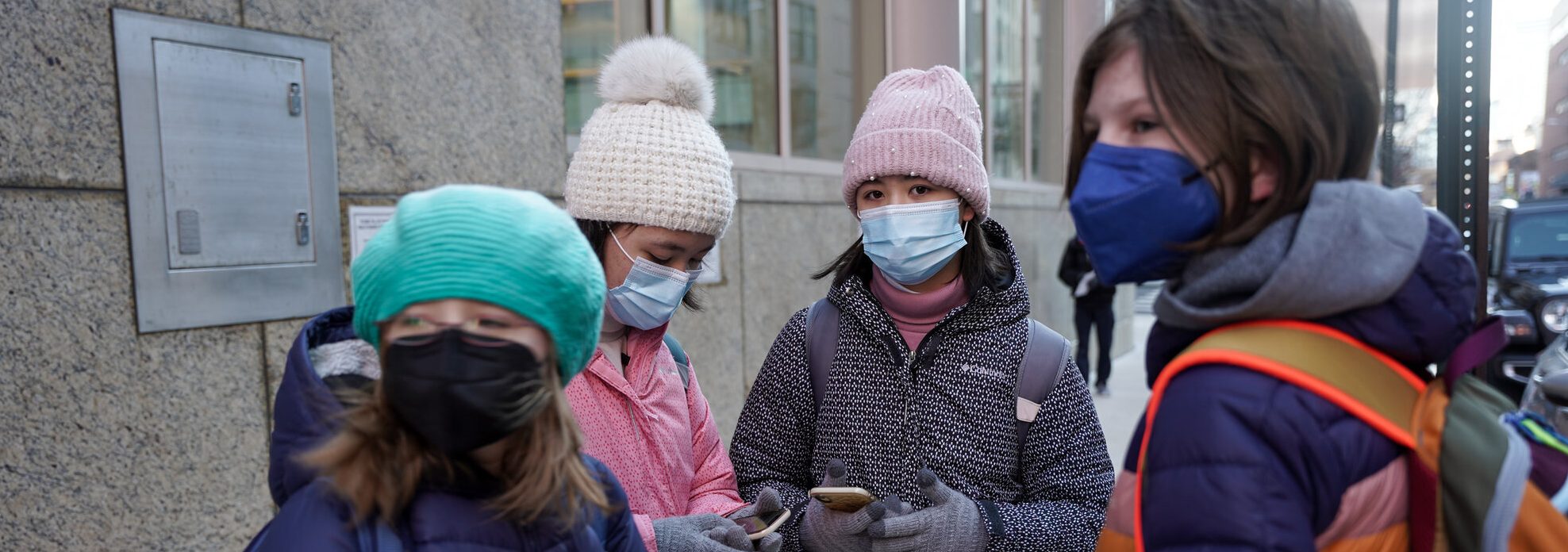Due to the increase in respiratory virus hospitalizations in our community, Mary’s Center recently reintroduced our masking policy for participants and participant-facing staff to help prevent the spread of Respiratory Syncytial Virus (RSV). RSV is a respiratory infection that primarily affects children, older adults, and immunocompromised individuals or those with chronic respiratory conditions. RSV is highly contagious and spreads when an infected person coughs, sneezes, or even just touches a surface with their hands– as RSV can survive on surfaces for several hours, making it easy to contract.
What we know is that wearing masks is a crucial preventive measure to limit the spread of RSV because it acts as a barrier, preventing the virus from being released into the air when an infected person talks, coughs, or sneezes. Wearing a mask reduces your risk of contracting RSV as well as others.
We also encourage you to continue to wash your hands thoroughly with soap and warm water for at least 20 seconds or use hand sanitizer with at least 60% alcohol. You can also clean and disinfect frequently touched surfaces that may be contaminated with RSV. If you think you may be in contact with someone showing symptoms, you can also maintain a safe distance.
We have learned from the COVID-19 pandemic the best ways to protect yourself and others from spreading a virus, and RSV is no different. If you are experiencing any of the following symptoms, you may be infected with RSV: Coughing, sneezing, a runny nose, fever, wheezing and difficulty breathing, rapid breathing or shortness of breath, fatigue, irritability, and/ or loss of appetite.
As a reminder, an updated COVID-19 vaccine is another way to protect against the higher rates of respiratory illness. Please contact your doctor for more information on the prevention and treatment of RSV. As always, stay safe and stay healthy!

